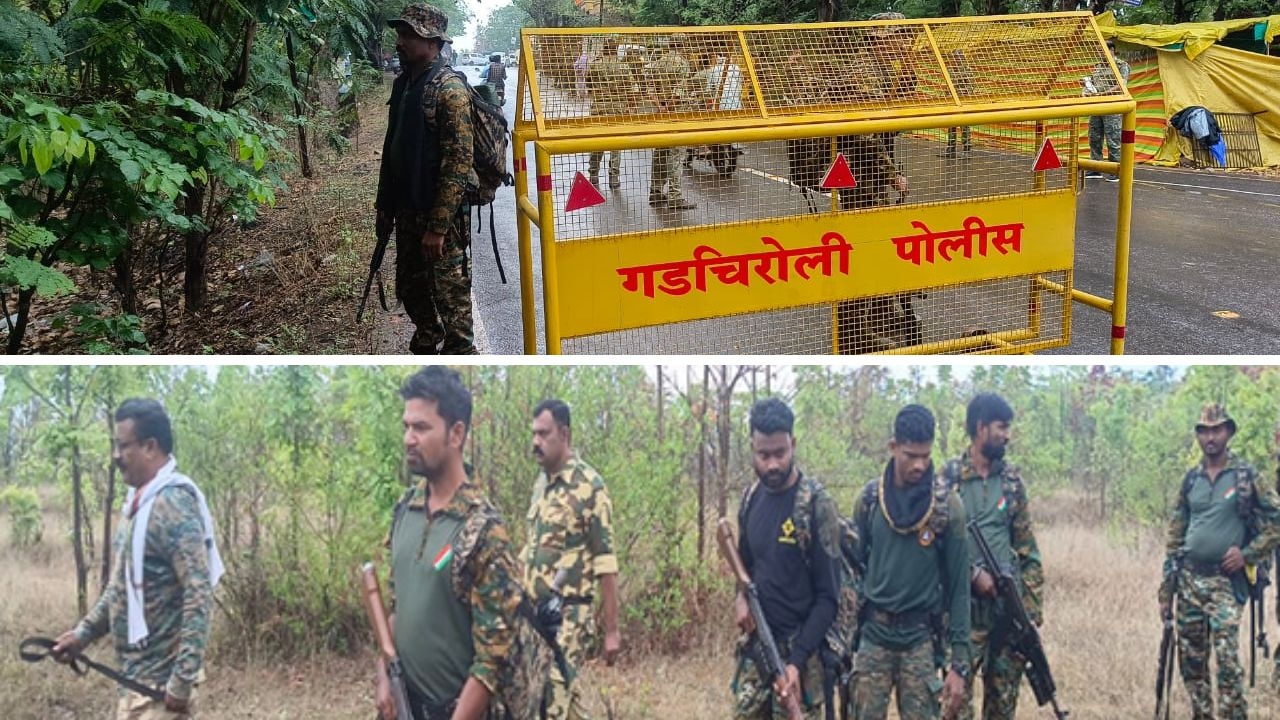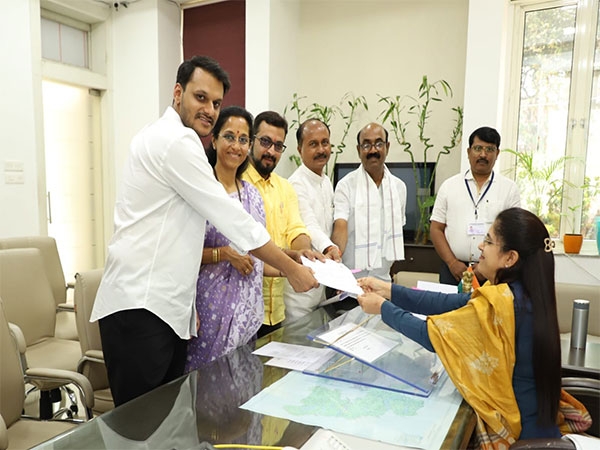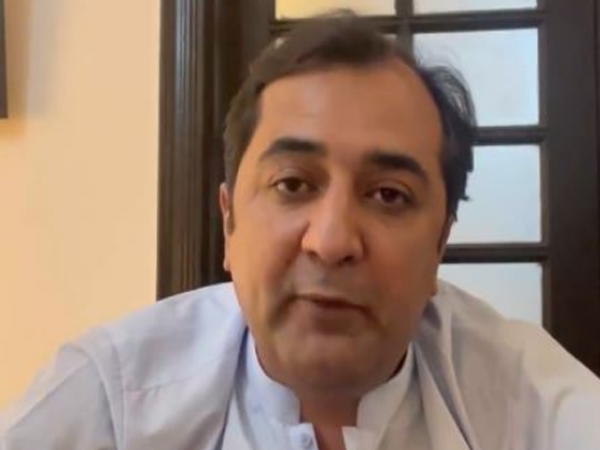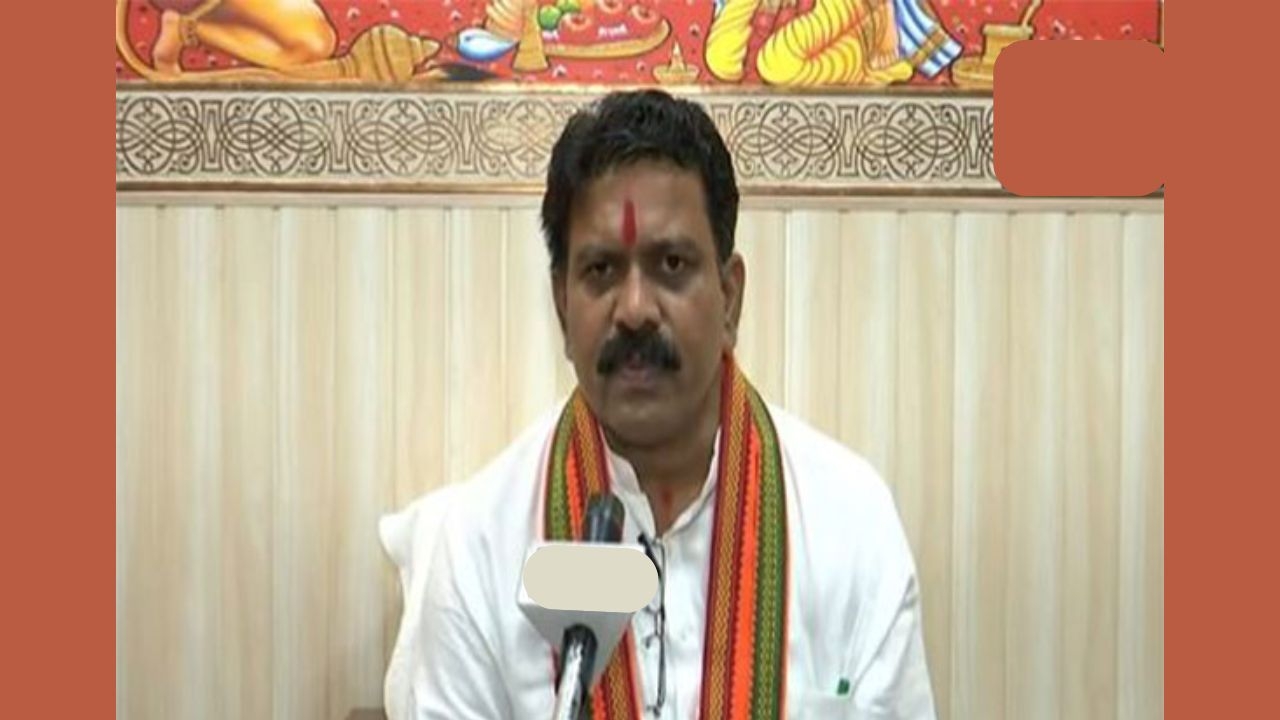‘India erred in abandoning developing countries to woo big powers’: Biswajit Dhar
_77439_730x419-m.jpg)
India’s foreign policy has increasingly become determined by economic interests especially since it ushered in economic liberalization. But the entire economic foreign policy needs to be redefined, says economist Biswajit Dhar, an expert on multilateral trade systems.
Dhar is a former director general of RIS and is now a Professor at the School of Social Sciences at Jawaharlal Nehru University.
Dhar says India need not have abandoned developing countries and played ball with the big players like the United States, a policy which started with the UPA 2 regime. He lists out how India missed out on opportunities starting from the neighbourhood. Here are some excerpts.
What has been the neighbourhood experience in terms of India’s economic outreach?
We started on an ambitious note and with those expectations forged a free trade agreement. The FTA was supposed to be a stepping stone for the larger South Asian economic area. A fair degree of economic integration was the initial thought so that the region looks like a single economic zone. The pre-partition economic synergies could be brought back and regional specialiasation could be harnessed in a significant manner.
SAFTA, for various reasons could not take off. South Asia is one of the least integrated regions in the world. India as a big brother had a significant role to play in terms of extending whatever it could to other countries, in terms of better market access, and allowing entities in our neighbourhood a better play in our market. Smaller countries in the region have complained that India tries to use its power to deny opportunities. In terms of South Asian economy dynamics it’s a huge opportunity lost for India.
Are we losing out to China, especially with One Belt One Road?
So what is happening is that all the countries including Nepal, Bangladesh and Sri Lanka, are getting locked in the Chinese machinations. And all these countries would be in some way or the other part of OBOR. We are not mindful of like how the Chinese have built the Colombo port, doing more, virtually capturing the waters around India, it won’t take the Chinese much time to do the same in Bangladesh. That will be extremely bad news. But we don’t seem to bother and we are still dragging our feet.
There had to be a very clear very well thought out foreign economic policy in terms of South Asia. It is not just enough to tell the West and its partners that we are here to counter the Chinese. You ought to have a strategy to counter the Chinese. And you cannot do it alone. You can only do it with partnership with others.
For example in Myanmar, India is working with Japan…
Myanmar is a slightly different story as India had started talking early on even when Junta was fairly entrenched. India was talking about exploration of oil and gas with joint exploitation and two pipelines, one coming to China and one to India. It would have fed the Northeast, a deficit region. We again did not play our cards well, the government exited and GAIL was left holding the baby. The pipe went to Kunming and we had nothing. Even with the waterways project all the way to Sittwe, which was to be a Special Economic Zone. We took donkeys years to do that.
Now we are trying to tie up with Japanese. It is a different ball game to do it yourself than doing it with another country which is supposed to be economically stronger and has huge stakes in this region. It is foolhardy to think Japanese will allow a free lunch.
This is a multimodal project, the road is an important part. Look at the Asian Highway project. What would happen when the road is brought to NH 39. All of this is very critical to the cooperation and economic integration we are looking at with East Asian region. You cannot have domestic politics taking over these considerations.
We are talking about a free trade agreement with East Asia. Even if we get it in place, connectivity is an important component. It is important to find ways so that our products find place in those markets. I did a study on India’s FTA with ASEAN, Japan and Korea, and found that we have done dismally, and have not been able to find market access.
What about India’s role as a development partner?
It started with the India Africa Summit in 2008. The USP was that it was to be demand driven, ask the partners what kind of needs they have. There were tensions in execution, identifying the right projects. It doesn’t mean just building something and exiting, it means a lot more -- transfer of technology, handholding in building capacity and so on. India could have projected itself as a very different partner as compared to China, the kind of colonial relationship it has built.
It has been a decade since the India Africa Forum Summit in 2008 and we have very little to show in terms of achievements. Huge amount of funding has gone into it. There are a huge number of lines of credit. We were also to do trade agreements with the SADC and COMESA. It would have been ideal if we had focussed on trade agreements, providing African countries preferential market access in India and we could have got access to some growing African markets.
Instead of exploring this South-South partnership which could have established us as a role model, we went and started talking to EU and other West European countries like Switzerland. It makes little sense to do a FTA with the EU, which in these times of squeeze are looking for a big market and you are offering them the big market. Rather, we could have focused on developing countries which could have been big markets for us. We missed out in the whole process.
India lost out because it started looking up to the developed world?
India’s real potential is to establish itself as a leader of the emerging, developing countries. We cannot pretend to be the part of the big guys club. A very small part of India is aping those advanced countries and a large part of India is actually a least developed country. We have huge development deficit which we ourselves need to address.
They can be addressed by opening up spaces in various global forums which are talking about larger question of economic governance. By siding with the big guys, we missed that opportunity. We played that role till about a decade ago and then the whole emphasis went on to the other side.
Who is responsible for this change in policy?
The responsibility lies with an ill advised decision to go pro-America. The US and the Chinese are thinking twenty moves ahead. We messed up the American agenda in the WTO. They wanted to use the Doha round to extend their ambitions. And India gave the leadership with South Africa, Brazil and others, provided the bulwark and Americans could not move. It coincides with the end of UPA 1. Not just trade, but also climate change. It is a huge game changer. We needed finance, we needed technology and what we call in the WTO the special and differential treatment and here we call Common but differential responsibilities. We needed that space.
In UPA 2, in terms of climate change it was Jairam Ramesh who was responsible, for trade it was Anand Sharma who was responsible. These guys decided to behave in the manner that India had nothing to do with the developing world. And we broke the ranks. The third area was finance, making the World Bank and the IMF more democratic, changing the structure to reflect the realities of the time. India should have played ball with the developing countries to give them better share.
In areas of trade we are isolated. We cannot use the developing country card because most of the developing countries have been wooed by the Chinese or the Americans. Running with the hounds has proved costly for us.
Terms of engagement of the foreign economic policy have to be recalibrated. India’s only hope for influence in the foreign economic policy is by giving leadership to the developing world.
Do multilateral grouping like the BRICS offer any hope?
Why should we give any importance to BRICS? It is a very unnatural formation and just because Goldman Sachs had promoted this term and somewhere Russians felts that they had to do something because the Americans had ramped up G20 after the financial crisis, it is very stupid. The BRICS bank is going to be complete non-starter. It was to have a subscribed capital of 50 billion dollars, equally shared by all countries. The paid up capital as of last year was one billion dollars and 60 per cent of that came from Russia. If an entity has just one billion dollars and the countries backing it are not giving it any funds and it is raising funds from the market, how can it get development funds? When it raises funds from the market it becomes a commercial entity.
A commercial entity will be driven by commercial interests rather than by sustainable development, or clean energy goals and so on. The only guys who have money, the Chinese already have Asian Infrastructure Investment Bank.
Apart from the bank, other arrangements under BRICS are floundering. Brazil, South Africa and India which have a reasonable chance of working together have drifted apart. We have abandoned IBSA.
Even if IBSA were working, there is no common basis for the BRICS countries to work together. There was a possibility that India, Brazil and South Africa could have provided BRICS the motivation to work together in a development friendly manner. But China and Russia are working together, at political and economic level, but IBSA has fallen apart.

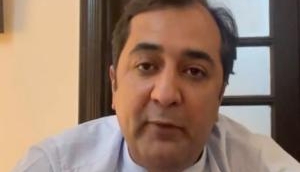
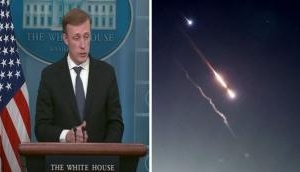
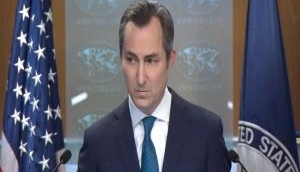
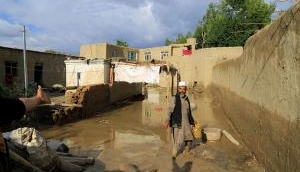
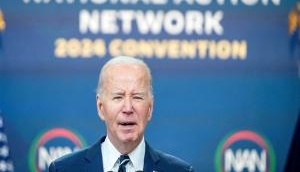
![BJP's Kapil Mishra recreates Shankar Mahadevan’s ‘Breathless’ song to highlight Delhi pollution [WATCH] BJP's Kapil Mishra recreates Shankar Mahadevan’s ‘Breathless’ song to highlight Delhi pollution [WATCH]](http://images.catchnews.com/upload/2022/11/03/kapil-mishra_240884_300x172.png)

![Anupam Kher shares pictures of his toned body on 67th birthday [MUST SEE] Anupam Kher shares pictures of his toned body on 67th birthday [MUST SEE]](http://images.catchnews.com/upload/2022/03/07/Anupam_kher_231145_300x172.jpg)


